Critical Essays Archive
The Poet’s Participation in the Global Economy
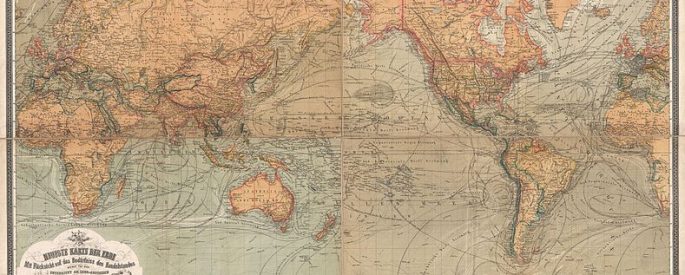
How can and how does the poet contribute to the political, historical, and economic tradition of their society?
The Poetics of Directness in D. F. Brown’s Ghost of a Person Passing in Front of the Flag
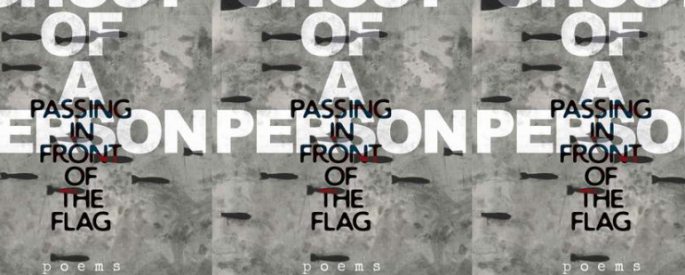
The veneer that is language is a major recurring trope in D. F. Brown’s newest collection. What is real and what is imagined through the filter of language? How might that affect the way we process an event?
There Are Children at the Border
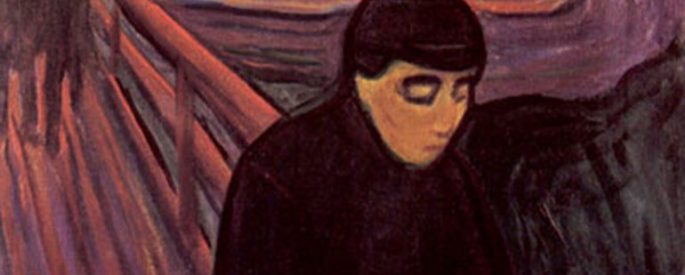
An old poem by Yehuda Amichai, published in the collection Love Poems, seems more pertinent than ever to me, reading it as the elegy of a parent to their lost child.
How We Read Autofiction

Autobiography is straightforward in a way that autofiction is not: in this case, the prefix “auto,” or self, pairs easily with the suffix “biography,” or life story. An autobiography tells the self’s life story. But what does it mean to tell a fiction of the self?
Hybridity in Color

Anne Carson, Maggie Nelson, and Marie NDiaye destabilize categories like genre and color as a way of moving forward with exploring the disturbances found within personhood.
The Story and the Overstory
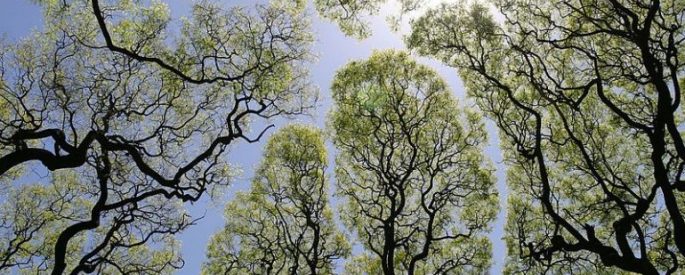
Works by Richard Powers and Paul Harding use innovative structures to communicate the messages at their heart.
Isolation and Compassion in Allison Kubu’s “Bottomless Sounds”
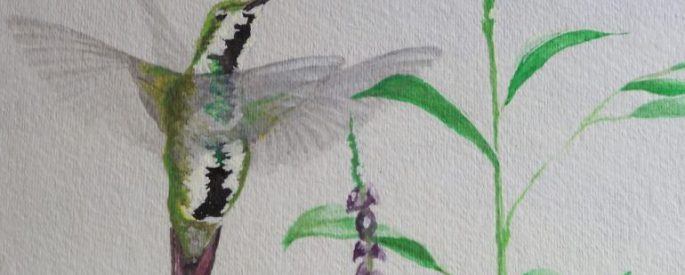
A sense of loneliness permeates through the entire short story, defining the narrator and her actions.
Transcribing the Self
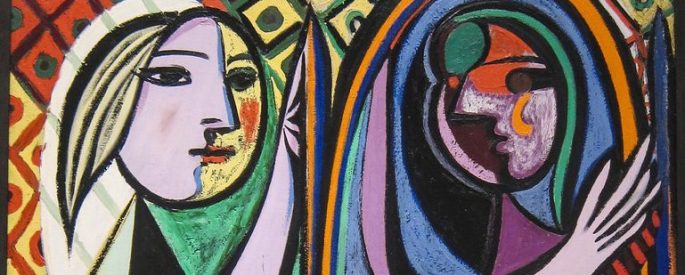
What is the role of the literary arts when the self is at its most porous? At moments of corporeal and emotional transition, how does writing entwine with acts of recovery and transformation?
Stephen King’s Misery, Delphine de Vigan’s Based on a True Story, and Writers’ Fears

If de Vigan’s novel indulges the writer’s fear that the writing may dry up, King’s indulges a different but related fear: that you will be forced to write, forever, what you long to outgrow.
Jesmyn Ward’s and William Faulkner’s Apocryphal Counties
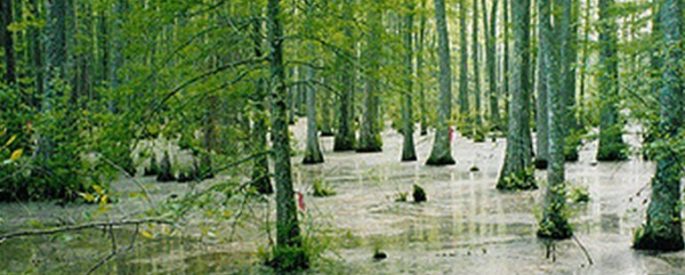
Like Faulkner, Jesmyn Ward sets all her novels in a town loosely based on her own hometown in Mississippi, mapping a terrain that holds the various human experiences within its topographical confines.